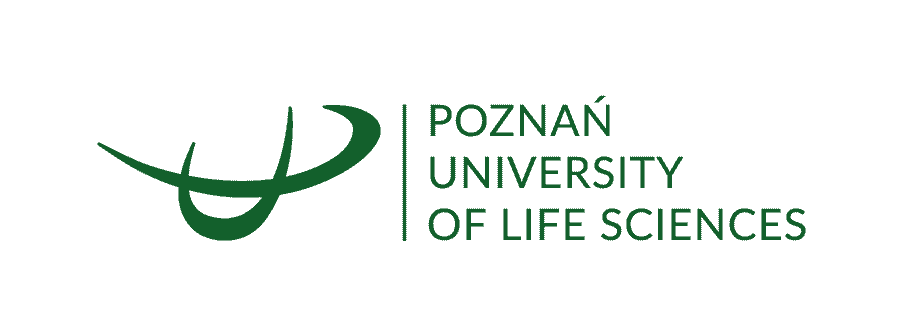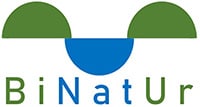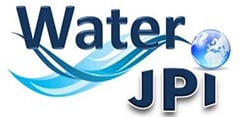Who We Are
Finnish Environment Institute (Syke)
Finnish Environment Institute (Syke) is a research institute governed by the Ministry of the Environment and the Ministry of Agriculture and Forestry. At Syke, nearly 700 professionals offer their strong expertise on local to global scale challenges such as climate change, biodiversity loss, flooding, or unsustainable use of natural resources. Syke has wide collaboration with international and EU networks, researcher partners and stakeholders. Syke also provides policy-relevant research collaboration for Finnish municipalities, policymakers, and ministries.

University of Antwerp – ECOSPHERE

The University of Antwerp (UAntwerp) is a young and dynamic university. UAntwerp develops and disseminates scientific knowledge through research and teaching, with the firm ambition to contribute positively to society. It has 21000 students of 130 different nationalities, and employs almost 6000 staff members, operating in a spirit of unbound academic freedom and societal responsibility. UAntwerp is a part of the Young Universities for the Future of Europe (YUFE), an alliance of young research universities, one of the first 17 partner alliances across Europe to receive financing within the European Universities Initiative.
ECOSPHERE resides under the biology department at the University of Antwerp and is part of the Global Change Ecology (GCE) unit. The main objective of the research group is to provide a sound scientific basis for ecosystem management from both the perspective of ecosystem functioning, integrated water management and climate change adaptation issues. The research focuses on methodologies and concepts to optimize ecosystem services generation through the creation, restoration and management of ecosystems.
Leibniz Institute of Freshwater Ecology and Inland Fisheries (IGB), Berlin, Germany

“Research for the future of our freshwaters” is the mission of the Leibniz Institute of Freshwater Ecology and Inland Fisheries (IGB). We seek to understand the fundamental processes governing freshwaters and their communities. IGB scientists include hydrologists, biogeochemists, physicists, microbiologists, ecologists, evolutionary ecologists, and fisheries biologists who engage in interdisciplinary research to achieve a deep understanding of the processes that shape the structure and functioning of water bodies and their biota. IGB’s mission is to generate objective and evidence-based knowledge for the conservation and management of inland waters and to make it publicly available. Our research findings help to predict responses to natural and human-induced environmental changes and to develop measures for sustainable water management.
University of Lisbon, Portugal

cE3c - Centre for Ecology, Evolution and Environmental Changues, hosted at the Faculdade de Ciências da Universidade de Lisboa, is a research centre that integrates life and climate sciences. Its research includes all levels of biological organization, from organisms up to ecosystems, both natural and human managed. cE3c develops tools to assess and monitor impacts of global change on biodiversity, health and well-being, working on Portugal, the Macaronesian Islands, Portuguese-speaking countries in Africa and South America, and the European Union. cE3c's mission recognizes that while producing knowledge is a crucial step to sustainable development, using this knowledge to effectively promote change is just as important, combining research with education, outreach and knowledge co-production, translation and transfer to public and private stakeholders.
Poznan University of Life Sciences, Poznań, Poland

The Poznań University of Life Sciences – PULS is a 70-year-old university. University is mainly involved in natural and environmental sciences as well as issues related to agriculture and forestry. It employs approximately 1,300 employees, including over 700 academic teachers, and educates over 7,000 students.

Project funders:
This research was funded through the 2020-2021 Biodiversa and Water JPI joint call for research projects, under the BiodivRestore ERA-NET Cofund (GA N°101003777), with the EU and the funding organisations The Research Foundation - Flanders (FWO), Belgium; Academy of Finland (AKA), VDI/VDE-IT, Germany; National Science Center (NCN), Poland and Fundação para a Ciência e Tecnologia (FCT), Portugal

